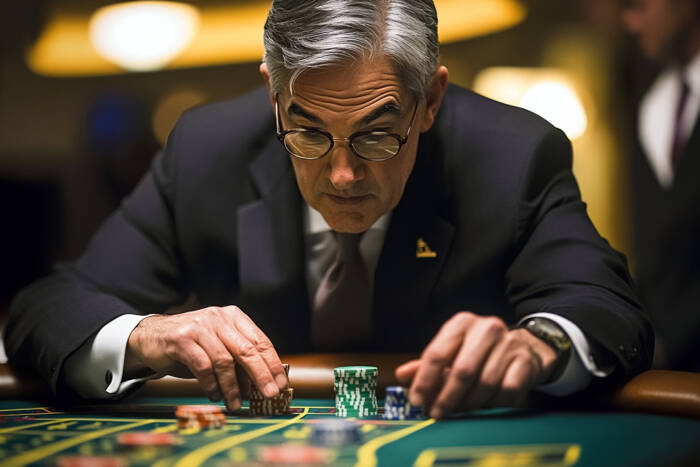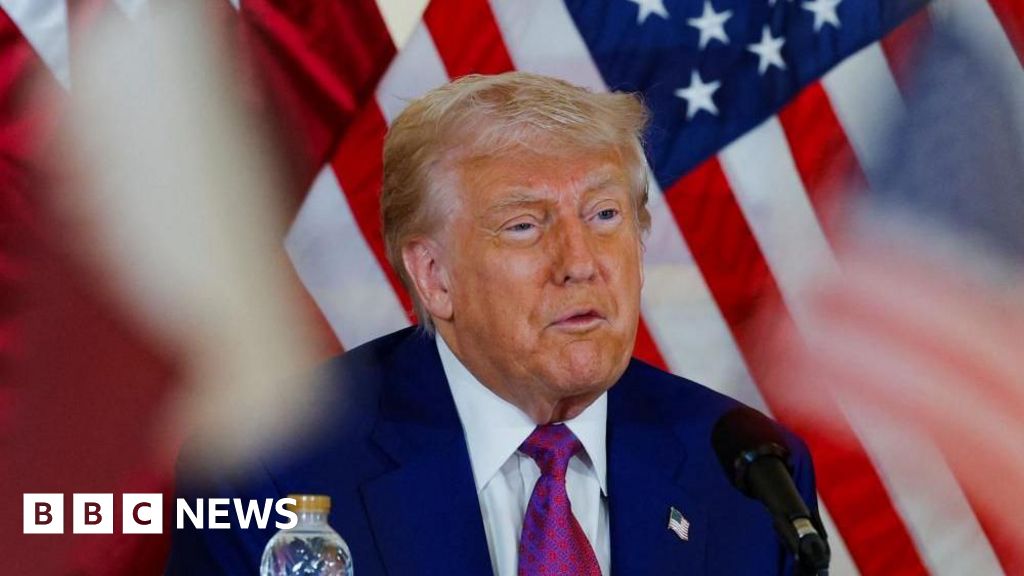Will lifting US sanctions transform Syria's economy and attract global investments?
Billionaire Syrian businessman Ghassan Aboud told Reuters he was making plans to invest, and expected other Syrians with international business ties to be doing the same.
"They were scared to come and work in Syria due to the sanctions risks ... This will completely disappear now," said Aboud, who lives in the UAE.
"I'm of course planning to enter the market, for two reasons: I want to help the country recover in any way possible, and second, the ground is fertile: any seed planted today can result in a good profit margin," he said, outlining a multi-billion dollar plan to boost Syrian art, culture and education.

The lifting of sanctions would radically reshape an economy already set on a new course by Syria's new rulers, who have pursued free-market policies and shifted away from the state-led model adopted during five decades of rule by the Assad family. The United States and other Western powers imposed tough sanctions on Syria during the war that spiralled out of protests against Bashar al-Assad's rule in 2011. Washington kept them in place after he was toppled in December, as it formulated its Syria policy and monitored the actions of the new administration led by interim President Ahmed al-Sharaa, a former al Qaeda commander.
Saudi Arabia and Turkey, which both support Sharaa's government, had urged Washington to lift the sanctions. Saudi Arabia's foreign minister said on Wednesday there would be many investment opportunities once that happens.
Sharaa, marking the occasion with a televised address late on Wednesday, said Trump's decision was historic and brave, and vowed that Syria would strengthen the investment climate.
"We welcome all investors from our homeland, both at home and abroad, and from our Arab and Turkish brothers and friends around the world," he said.
The conflict has turned many urban areas to rubble and killed hundreds of thousands of people. More than 90% of the 23 million Syrians live below the poverty line, U.N. agencies say.
"There's a real chance for a transformational change in Syria and the broader region," said Timothy Ash, senior sovereign strategist for emerging markets at RBC BlueBay Asset Management.
Turkish firms and banks are expected to benefit from the lifting of sanctions, said Onur Genc, chief executive officer of financial group BBVA, whose group comprises Garanti BBVA, the second-largest private bank in Turkey.
"For Turkey, it's going to be positive because there's a lot of reconstruction needed in Syria. Who's there to do that? The Turkish companies," he told Reuters.
"The lifting of the sanctions would allow the Turkish companies to go there now much better, and the Turkish banks to be able to finance them - so it will help," he said.
Turkey strongly backed Syria's opposition during the war, which decimated a diverse and productive economy.
It more than halved between 2010 and 2021, official Syrian data cited by the World Bank in 2024 showed. However, this was likely an underestimate, the bank said.
Syria's pound has strengthened since Trump's announcement.Currency traders said it was hovering between 9,000 and 9,500 to the dollar on Wednesday, compared to 12,600 earlier this week. Before the war in 2011, it traded at 47.
Syrian Finance Minister Yisr Barnieh told Reuters that investors from the United Arab Emirates, Kuwait and Saudi Arabia, among others, had been making inquiries about investing.
"Syria today is a land of opportunities, with immense potential across every sector-from agriculture to oil, tourism, infrastructure, and transportation," he told Reuters.
"We call on all investors to take this opportunity."
Watching footage of Trump meeting Sharaa in Riyadh on Wednesday at his Damascus office, Karam Bechara, general manager of Shahba Bank in Syria, described excitement in the business community. "It's too good to be true," he said.
"We're on the right track now internationally unless something happens in Syria that derails the process," he said.
Syria remains fragile.
Some armed groups have yet to turn their weapons over to the government, Kurdish autonomy demands are a point of friction, and sectarian violence has left minorities afraid of Sharaa's rule, despite his promises of protection and inclusive governance. Israel opposes Sharaa, saying he remains a jihadist, and has bombed Syria repeatedly.
Jihad Yazigi, editor of a leading newsletter on Syria's economy, Syria Report, said the U.S. decision was transformative because it sent "a very strong political signal" and opened the way for its reintegration with the Gulf, international financial organisations, and Syria's big diaspora in the West.
Imad al-Khatib, a Lebanese investor, said he had accelerated his plans to invest in Syria after Trump's announcement.
Together with Lebanese and Syrian partners, he carried out a feasibility study for a $200 million waste sorting plant in Damascus two months ago. On Wednesday morning, he sent a team of specialists to Syria on Wednesday to begin preparations.
"This is the first step ... and larger steps will follow, God willing. We will certainly work to attract new investors because Syria is much larger than Lebanon," he told Reuters.
Read More News on
Stories you might be interested in











